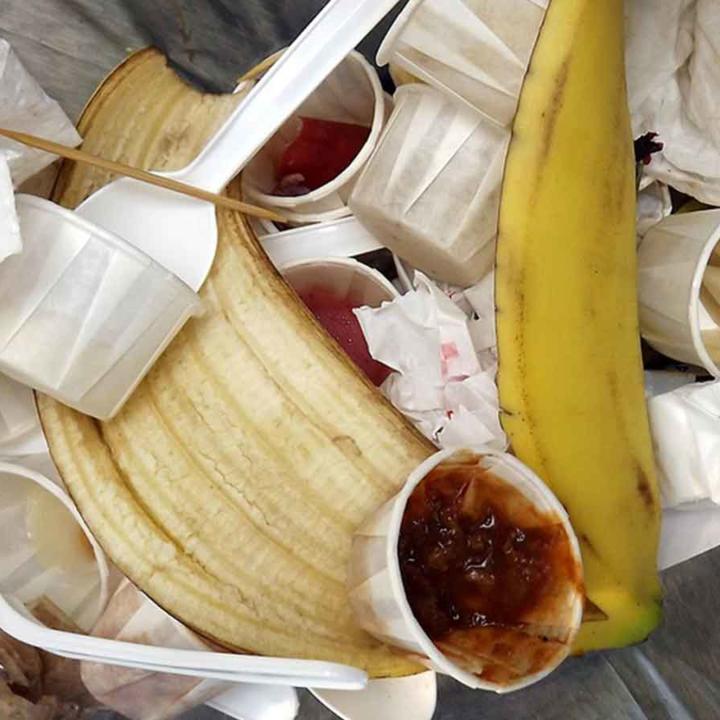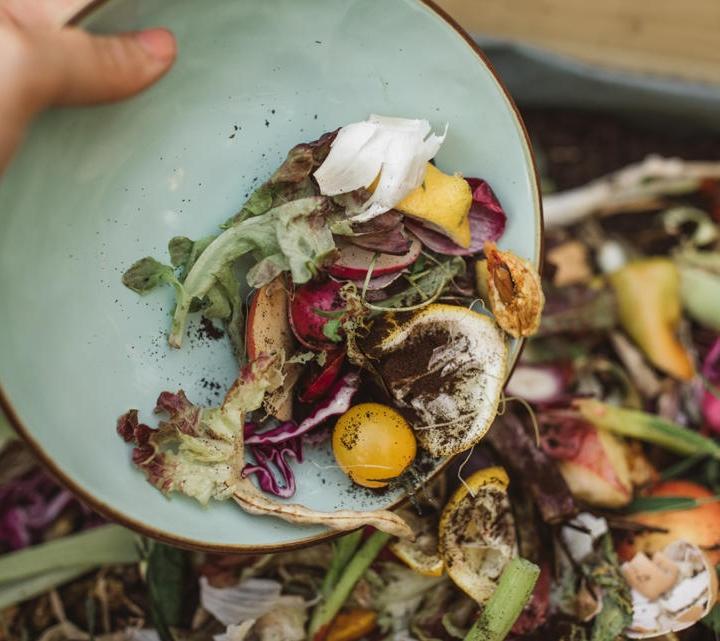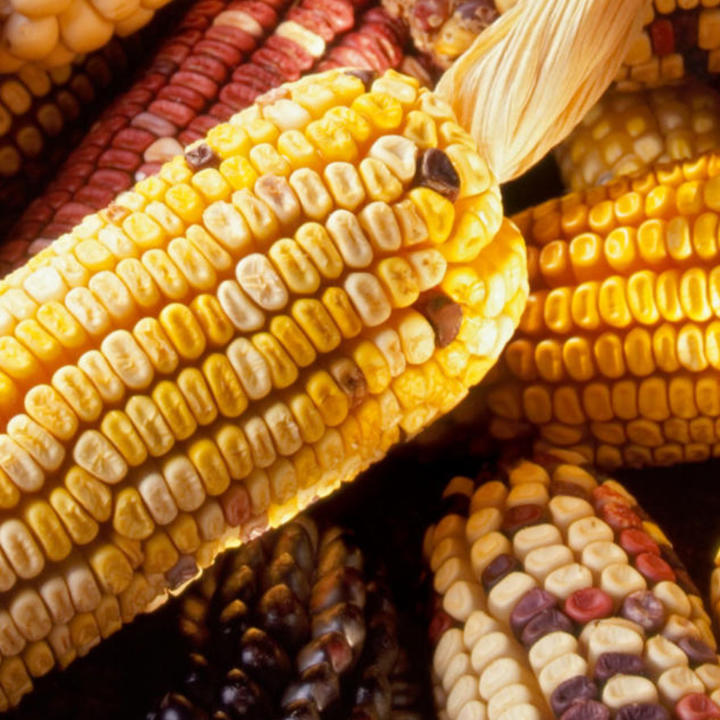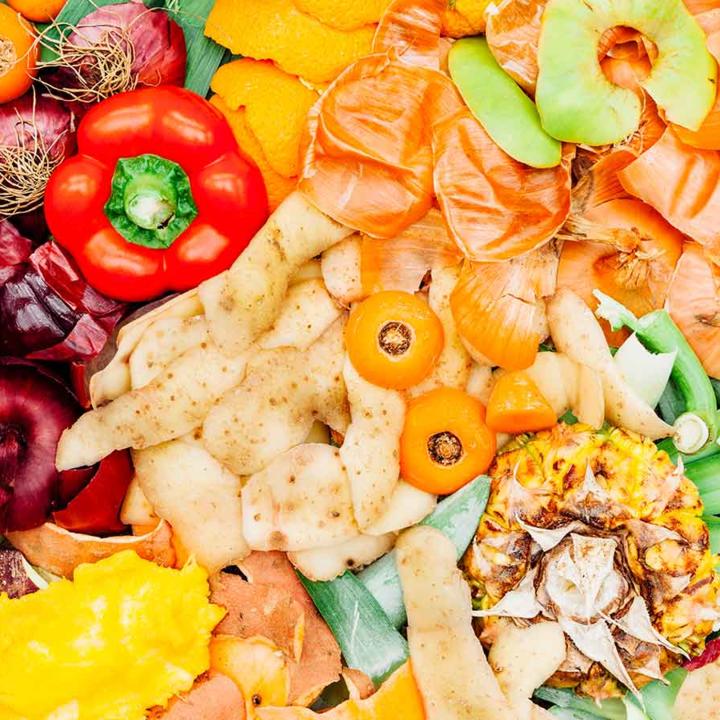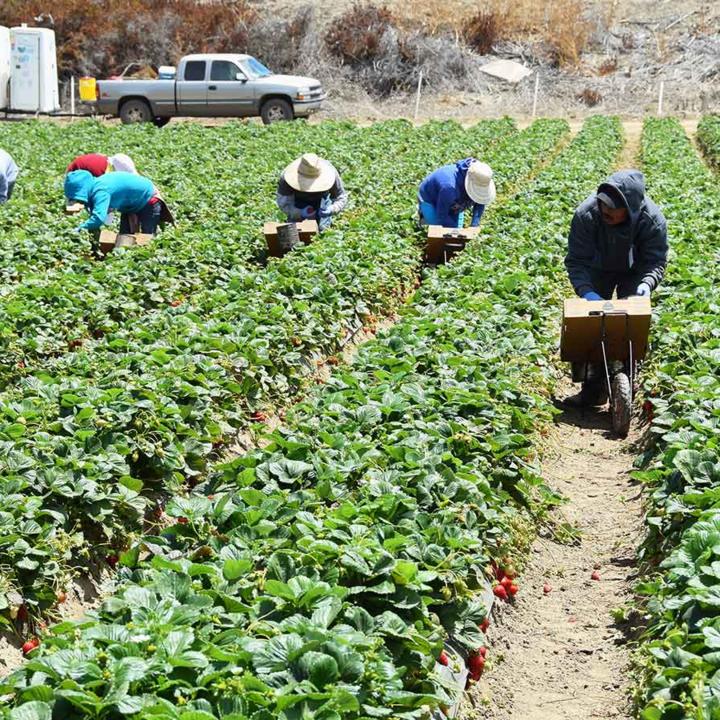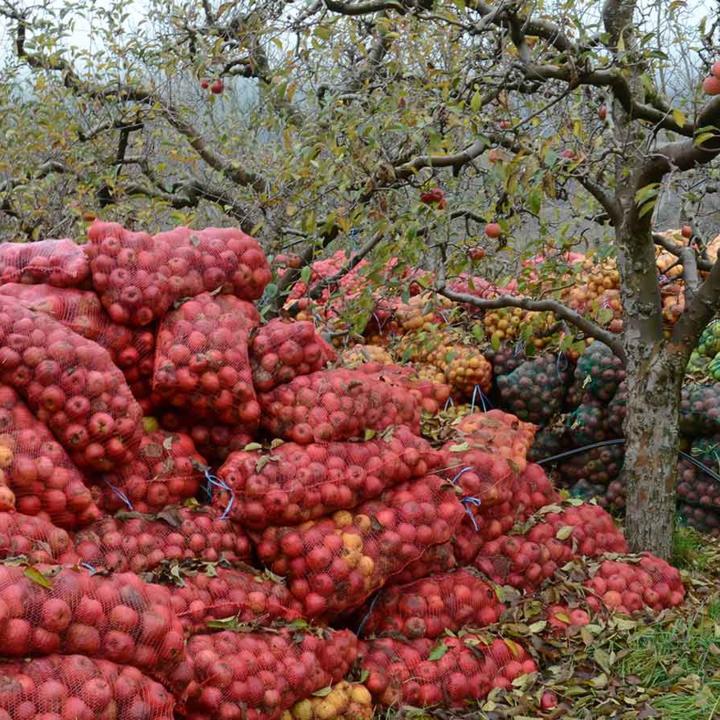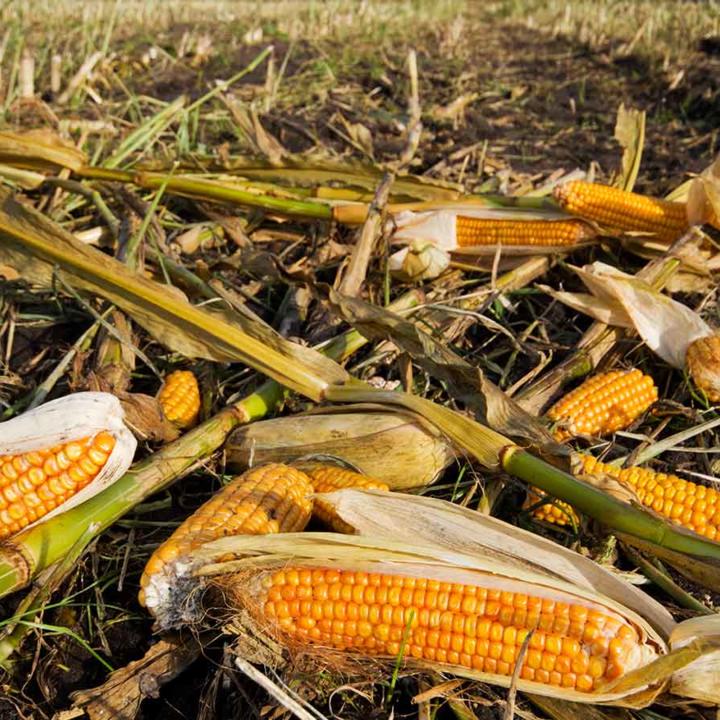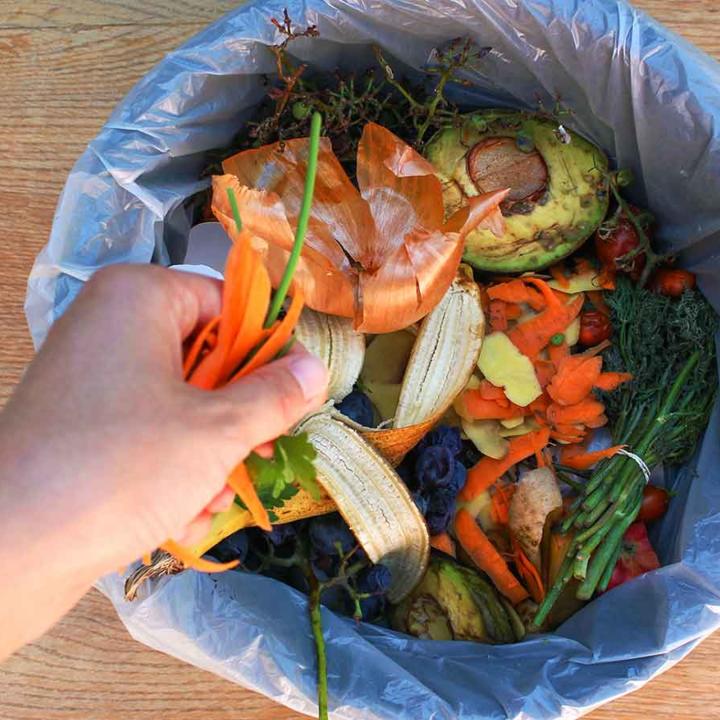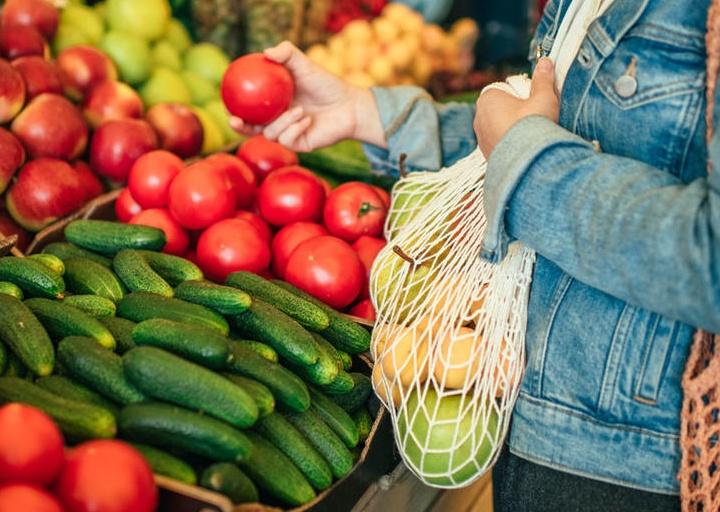Food loss and waste: an inventory of credible tools and resources
One-third of food produced is never consumed. This represents 8% of global greenhouse gas emissions and a quarter of the water used in agriculture, as well as crop-land the size of China. Strong business, social and environmental drivers to tackle post-harvest loss and food waste include reducing nutritional loss across the key value chain stages from production to consumption; financial savings; resource use efficiency; higher performance and contribution to climate targets; food availability; and better returns on investments for actors involved.
WBCSD helps member companies understand and tackle FLW across the supply chain with production and post-harvest loss covered by the Global Agribusiness Action on Equitable Livelihoods Project (GAA-EL) and the retail and consumer waste issues addressed within the Food Reform for Sustainability and Health (FReSH) project.
WBCSD has curated the following inventory of credible tools and resources from thought leaders and NGO partners to support companies trying to mitigate food loss and waste in their operations.

